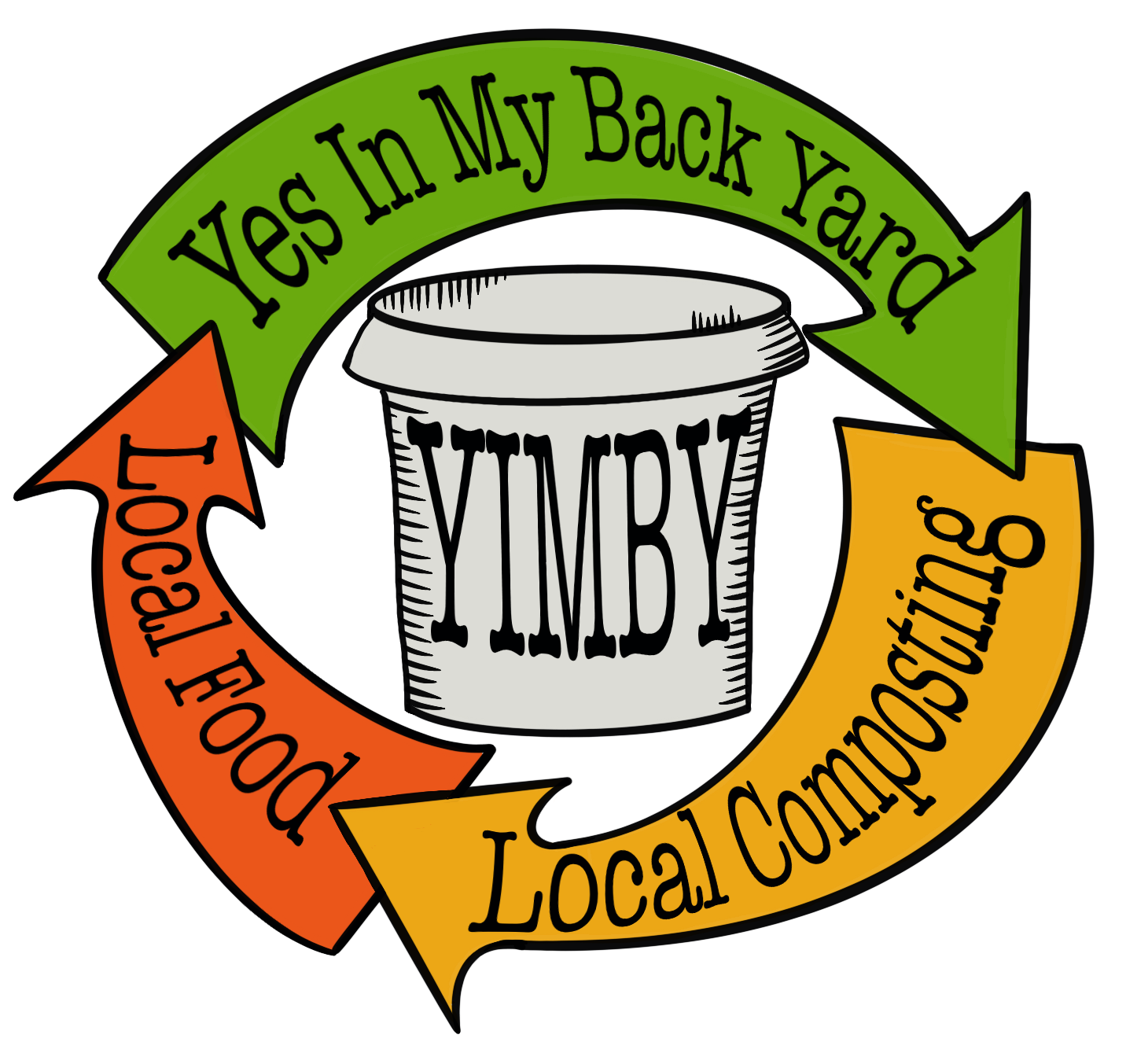Not foul manure, fowl manure
‘Gallus gallus’, the Red Junglefowl, once roamed wild in the forests of South Asia, but has, through long years of human breeding, become quite a different creature. Despite this, ‘chooks’ - as we like to call them in Australia - still love to scratch and forage for their food, roll in the dust out in the sun to keep their feathers parasite free and organise themselves in complex social hierarchies.
Like all birds, chook’s digestive systems don’t separate urine and faeces, so their manure is very high in nitrogen (averaging 7:1 carbon to nitrogen). Chook poo can come combined with straw, sawdust or other carbon-rich ‘bedding’ material, and that will push the carbon count back up a bit.
Chook poo smells pretty ‘pooey’ when fresh, but if you’ve ever gathered up a bucket of pure chook poo, you’ll probably be familiar with a different and quite intensely ‘heady’ smell. This is ammonia (NH3), a gas that occurs naturally in nitrogen-rich material. Ammonia is not a greenhouse gas, so doesn’t contribute to global warming, but it is lost nitrogen, and we want that nitrogen feeding our soil and our plants.
If you are storing chook poo, try to keep it dry and perhaps blend it with a carbon-rich ingredient (like wood chips) to reduce nitrogen/ammonia loss.
Because of its high nitrogen content, chook poo is not recommended for use directly on the garden. Warnings suggest you can ‘burn’ plants with direct applications, and that food can develop ‘off smells’ when grown with too much chook poo.
Adding chook poo to our compost seems to be the best way to use it, but even in compost making, it’s a pretty potent ingredient and care is required. Always balance very, very thin layers of chook poo with generous helpings of carbon-rich straw, leaves, woodchips or woody garden prunings. If we go too heavy on the chook poo, our noses will let us know, as our compost will start to give off ammonia gas, a warning our compost is too high in nitrogen.
As with our horse manure discussions, management practices and animal welfare come into play.
Unfortunately, the most available chook poo comes from battery farms, where the intense concentration of manure becomes a dangerous ‘waste’ product and its speedy removal ensures its availability though bulk material/landscaping suppliers. For the same reasons I don’t buy battery eggs, I prefer to avoid other products that support this kind of industry.
Smaller-scale operators or backyard chook systems could be a better source of ‘ethical’ manure, but well-managed chooks spend most of their day ‘free range’ on healthy landscapes, where their manure is not a waste product, but a natural fertiliser. Still, chooks do keep pooing overnight, so barns and chook houses need regular clean outs that can be a source of a chook poo/bedding material mix for the backyard composter.
Ask around your neighbourhood, a local chook-keeper might be happy to share an over-concentration of chook poo with you.
AUTHOR: JOEL MEADOWS
Joel Meadows works with *Yes In My Back Yard, (YIMBY), a community-scale composting initiative in Castlemaine and surrounds. Send questions or comments to hello@yimbycompost.com or to book in for a compost workshop!
This was first published in the Midland Express on 29 October 2024

